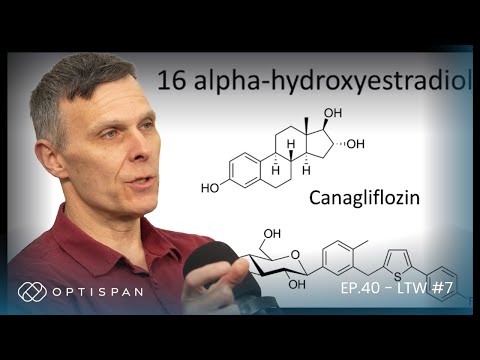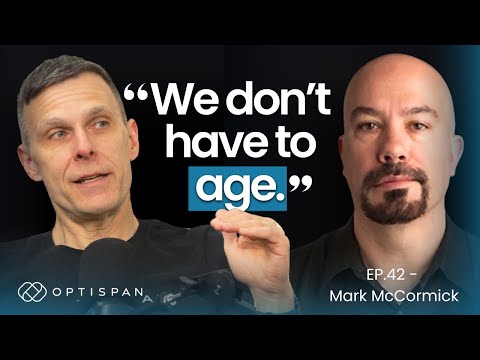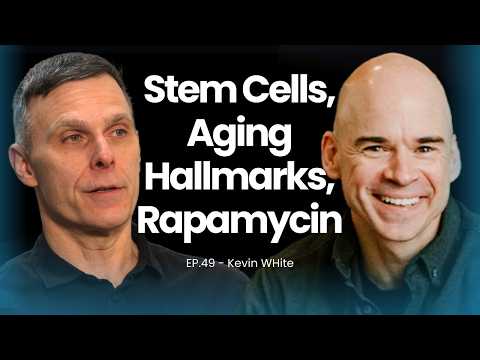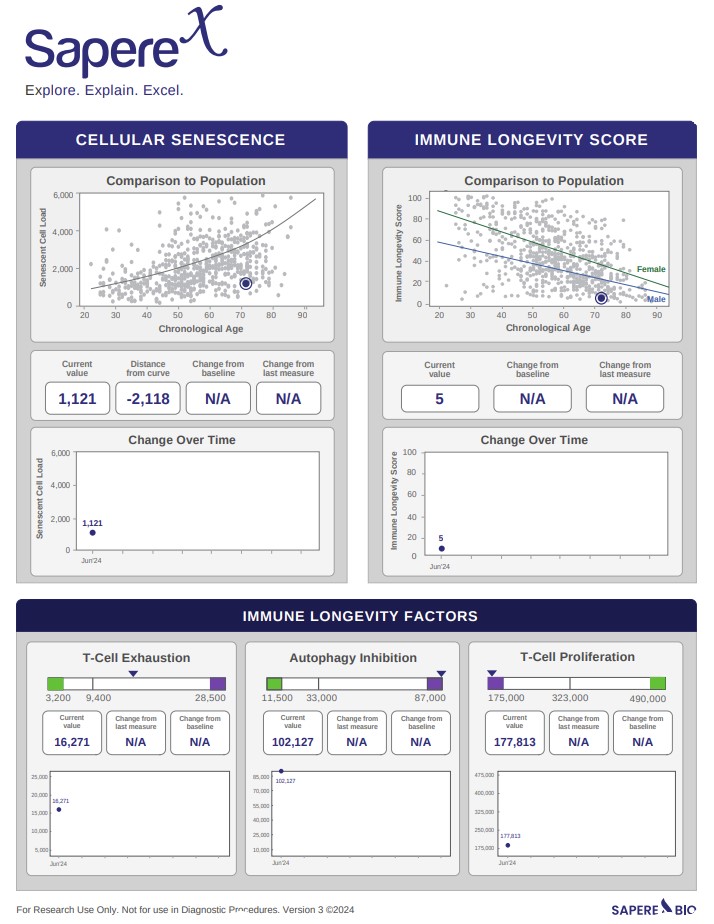Great to hear! Of course, Its the entire group of people participating here that make this site great - so he’s really calling out all of us contributing knowledge, perspective and information here.
I think the problem generally is that there is not enough focus on mechanisms. Hence people are thrashing around trying out interventions without any idea as to (for example) cycling of those interventions let alone how to use multiple interventions.
However, it is an interesting video.
@John_Hemming This is a fundamental problem but I think the reason is the science just isn’t ready to comprehend the stunning complexity of biology. And then to add onto how it works we want to know what happens if we change something like a gene or add 30 chemicals to the soup. The fact that people aren’t dying left and right from drugs and supplements speaks to the resilience of our biology more than the advanced science behind our interventions. I lean into caution.
Mice as models. Short video.
This is a good podcast with Brian Kennedy, and covers lots of rapamycin questions people commonly have:
LIVE AMA: Longevity Scientists Answer Your Health & Longevity Questions LIVE
This sums up Rapamycin nicely.
I like Matt K’s rational for supplements… I have taken for years everything he suggests and have good blood measurements – high normal.
Yes. I completely agree with all of his recommendations and take them all myself. I’m glad he considers Rapamycin a supplement.
However, I’m surprised he isn’t doing anything for lipid control and arteriosclerosis prevention. Also he doesn’t mention glucose control either even though the ITP showed strong benefits of Metformin paired with Rapamycin.
Overall his recommendations are solid and hard to dispute. It’s a good foundation for everyone.
A philosophy that’s entirely sensible, but as he says himself, very conservative. Vitamin B12, Omega-3, magnesium, vitamin D. Here’s what’s funny - yes, make up deficiencies, but most of us on this site, I suspect, are not actually deficient in these. Also creatine, protein powder and collagen peptides and rapamycin. I’ve also heard him say that he took a multi-vit pill, don’t know if he still does.
It’s interesting to compare this with the list Nick from the Physionic channel gives as supps that have evidence behind them. Creatine makes it, but also lutein and zeaxanthin, with greater or lesser scientific validation, omega-3, taurine.
Then there’s Brad Stanfield’s list, creatine, protein powder, multi-vit, psyllium husk, omega-3, melatonin, tmg, hyaluronic acid, collagen peptides.
Some supps seem to repeat, like creatine and omega-3 across all three. Or appear on more than one list, like a multi-vit, collagen peptides, protein powder.
Amazingly, from all lists, I don’t take creatine, collagen peptides, multi-vit, hyaluronic acid, melatonin. But I take all the rest!
I guess I am not as conservative, because I take a few more in addition. Some of which I admit have little to almost none evidence behind it, like 3mg/day boron - but those are low cost and importantly low risk.
The other thing is that you have to watch dosing and protocol. I do tend to be conservative with doses, and rather don’t megadose.
You also have to realize that Dr. Kaeberlein and Dr. Stanfield talk with each other as Dr. K is helping Dr. Stanfield with his rapamycin RCT. Nic from Physionic also interviews lots of different doctors and researchers. They share their ideas and the good ones get adopted.
So, yes, everything in the video is what doctors, scientists and specialists in longevity firmly believe are the best supplements to take at a FOUNDATION level. Everyone’s stacks then diverge based on their individual beliefs.
I take all of the supplements you mentioned (except psyllium husk) and more.
Dr. K is also positive on taurine, tadalafil and a few others. Just not in this video.
Matt finishes his supplement list with Rapamycin in the video. (He gives a rationale for why he thinks of it as a supplement vs a drug in his case). It was surprising to me that, as he cycles Rapamycin for 12 weeks, his breaks between dosage can be 6 months to a year. That certainly seems like a long period of time. I am curious what his rationale is for this long break given his experience as a researcher.
From what I’ve heard him say, is that rapamycin effects are surprisingly long lasting. A mouse that has been on rapamycin for a relatively short period of time keeps reaping the benefits for long after cessation of treatment. He therefore feels that there is relatively less upside to longer rapamycin exposures, while long breaks minimize the risk of any unforeseen side effects in humans longer term. So his protocol looks to optimize the risk/reward ratio, and he settled on that. He also freely admits that he is just guessing when it comes to dose and timing protocol, and doesn’t have firm evidence one way or another.
We’re all guessing about the optimal dose and timing of rapamycin.







